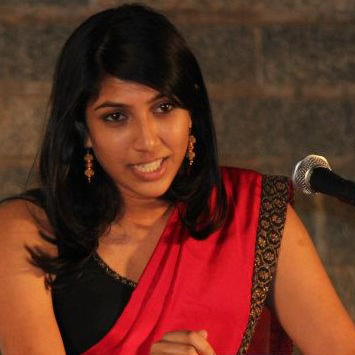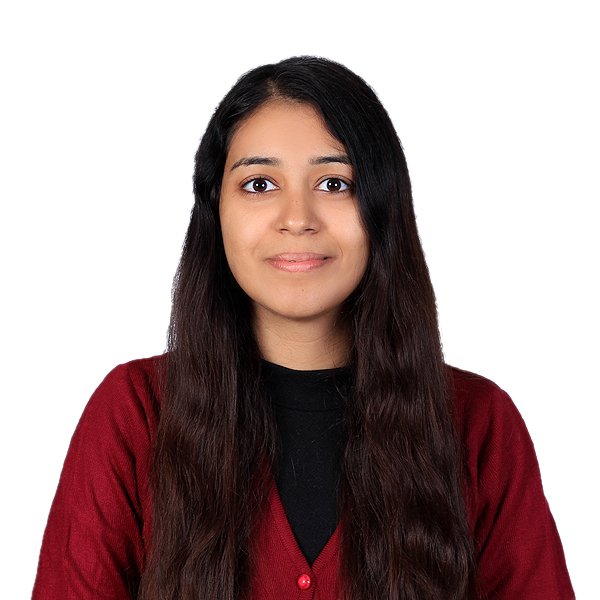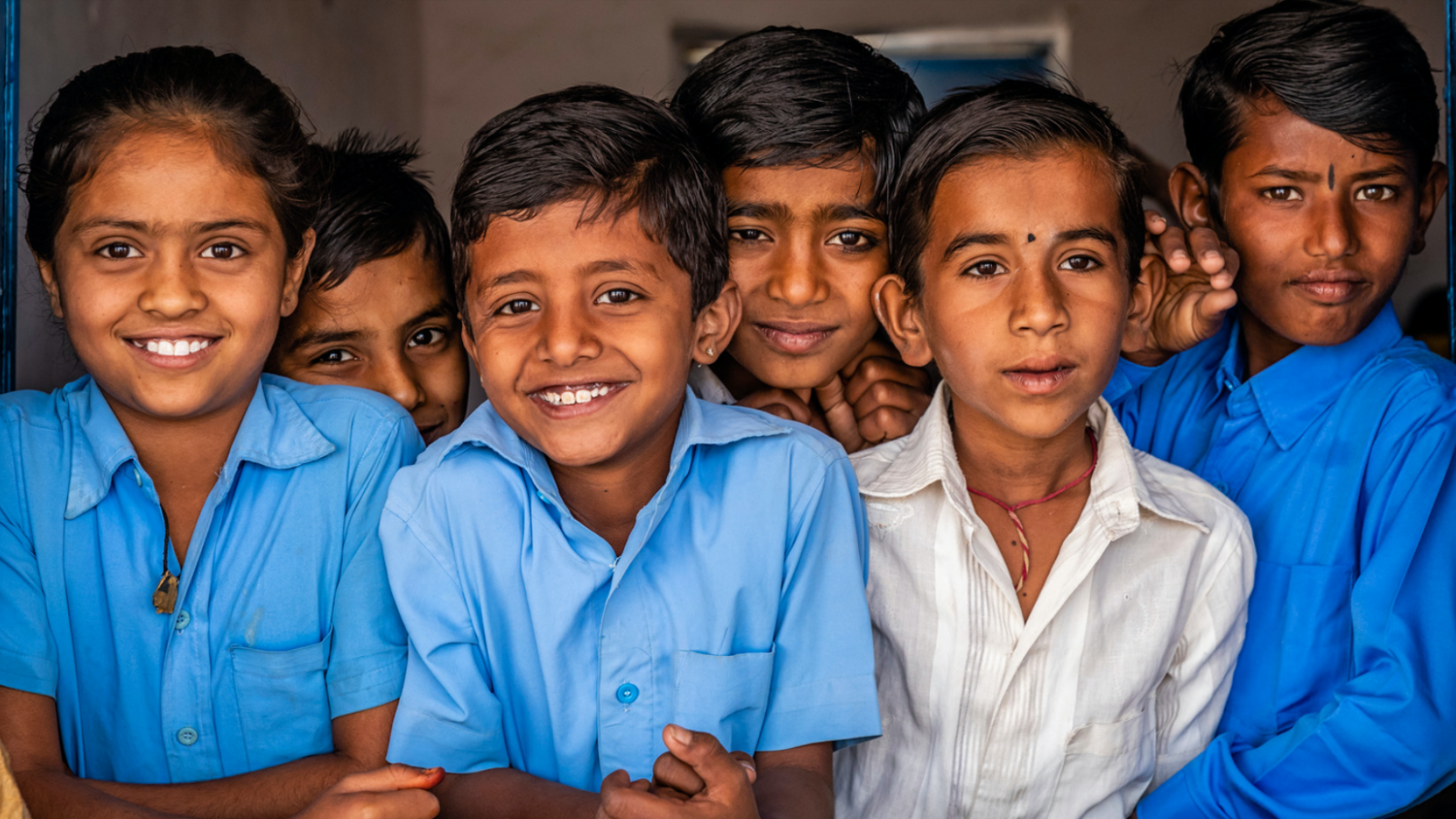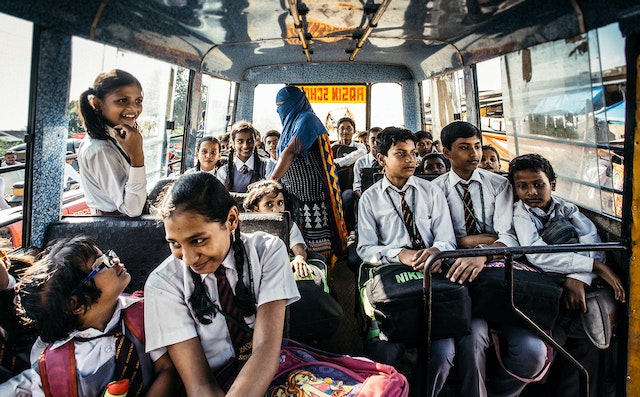On 7 October 2021, the Human Rights Council adopted resolution 48/4 on “The right to privacy in the digital age” and the Officer of the United Nations High Commissioner for Human Rights (“OHCHR”) called for inputs on the same to inform its report “Privacy in the Digital Age”, which is to be released and discussed at its 51st session in 2022. The said Human Rights Council Resolution specifically notes that children are among one of the groups whose right to privacy is particularly affected in the digital age. Building on this understanding, the Inclusive Education Team submitted its inputs to inform the OHCHR report.
The submission emphasises the importance of acknowledging and addressing rampant violations of children’s right to privacy due to the rapid growth and penetration of Education Technology (“Ed Tech”) services. It delves into the implications of absence of adequate legal and regulatory framework on children’s privacy, education as well as development rights.
About the Authors

Nisha Vernekar
Nisha was a Senior Resident Fellow and lead Vidhi's work in the area of Education. She has completed her postgraduation from SOAS, University of London with an MSc in Development Economics, and received her Bachelor’s degree in Economics from Symbiosis School of Economics. Prior to Vidhi, she has worked as a project coordinator and research assistant at the Institute for Fiscal Studies, London and Indian Institute of Management-Ahmedabad, respectively on multiple projects relating to early childhood and elementary education, education policy, and gender. Some of these projects include working on understanding implementation of Right to Education, Act (specifically the provision under Section 12.1.c or the “25% mandate”) in Ahmedabad, parental preferences for private schools among low-income households, and the impact of a pre-school curriculum and pedagogical intervention in angwandis in rural Odisha. She regularly writes on topics of gender and education for media outlets such as The Wire, Ideas for India and The Quint, among others.

Pooja Pandey
Pooja Pandey was a Senior Resident Fellow working with the education team. She has completed her post graduation in Development (with a specialization in law, policy and governance) from Azim Premji University, Bangalore. She has earlier worked with Participatory Research in Asia as the India coordinator for UNESCO Chair in Community Based Research(CBR) and Social Responsibility of Higher Education. She has led and managed the overall coordination of 20 global Knowledge for Change (K4C) hubs across 14 countries to develop capacities on CBR and participatory research methodologies. She has managed the India based research and dissemination operations of the RRING project, funded by the EU and she also assisted the drafting and launch of the National Framework of Unnat Bharat Abhiyaan 2.0 under University Grants Commission(UGC). Her area of interest includes education governance, identity, and participatory research methodologies.

Avinash Reddy Pichhili
Avinash was a Project Fellow with the Education team. He graduated from National Academy of Legal Studies And Research (NALSAR) University of Law, Hyderabad with a B.A.,LLB. (Hons.) and completed his Advanced Masters (LLM) in International Children Rights from Leiden University. He is the Co-Founder and Managing Trustee of DEVISE – Developing Inclusive Education, through which he focuses on English language education, climate change education and experiential learning. He has previously interned with UNICEF and Centre for Economic and Social Studies (CESS) to conduct legal research studies based on the Juvenile Justice Act and its implementation. He has written on rights of minorities and socio-economic rights for blogs such as LSE Human Rights Blog, LSE South Asia Blog and Völkerrechtsblog.






